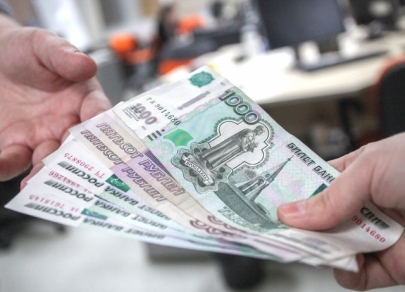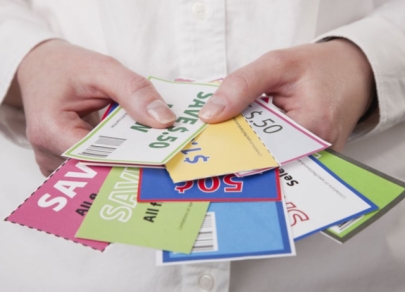FX.co ★ Improve the welfare: advices on how to save every day
Improve the welfare: advices on how to save every day
1. Resolve challenging problems
Credit cards have brought more comfort into our lives. There is no need to check change, to carry small money and even a purse. But constantly using a card, are you still wondering how much you have spent? It is probably not. Such conduct leads to running up many debts. There are people who admit that they are dependent on online purchases, since it is a quick way to purchase a new thing, just entering the card number. It is therefore important to understand what conduct leads to debt, and then to make every effort to avoid repeating unfavourable behavior patterns.

2. Establish rules to avoid impulse purchases
Some people get lost in supermarkets and outlet centers, then completely drain their purses. This is a real addiction when a person cannot keep himself from shopping, even if he does not consider it necessary.
People who have already passed this stage share secrets how to avoid impulsive spendings. The main rule is to wait 24 hours before making a purchase, even with discounts and promotions. During this time, your critical thinking will help to understand whether there is a need for the thing.

3. Make payments only in cash
This will help to see spendings and to maintain a balance of income and expenditures. If you have a certain category of goods on which you spend the most and thoughtlessly, then payment for goods from this category (meals out, entertainment, clothes) in cash will help you. If you begin to pay partly only in cash, you will see the difference in a few months.

4. Find ways to avoid the temptation
The first and the most difficult step is to admit to yourself in all temptations, especially when they are contrary to our financial goals. For example, an outlet center near the house is an epicentre of temptations where we spend money every time we want. A limited number of such temptations will contribute to the improvement of your welfare.
This would require great efforts, as you will have to change your normal course of life and long-term habits. That sounds horrible, but the result would most certainly please you.

5. Start making a budget
If you cannot understand on what you spend so much money every month, then start making a budget. Write down all your income and expenses every day, not only large purchases, but also small ones (coffee on the way to the office, spending for lunch in a cafe). This will help you to see weaknesses and the areas in which you could reduce costs without any harm.
By the way, there are lots of mobile applications now which can count everything for you automatically, you only need to take notes in the program on your smartphone.

6. Open separate accounts for those product categories which show cost overruns
If you understand that there are some certain categories of goods where you cannot resist the temptation to make a purchase and spend more, then open separate accounts and pay these purchases with them.
So you will achieve a reduction in spending. But it is important to remember that these should be debit cards, otherwise the situation will be repeated, and the debts will grow.

7. Monitor your costs
This was discussed above when we talked about budgeting. But the expenditure control is a separate item that is important on its own merit, not just in combination with other actions. This will help you to restrain your temper from impulse purchases.

8. Look for cheaper products
We said that before you make a purchase, you need to wait 24 hours, if during the time you realize that it is a truly necessary thing, then try to find a more budget version. It is important to take it as a rule.
While saving, it is not necessaty to deny yourself always and everything. But discount, sales, coupons, or savings cards will save your money.

Before making a purchase, think about whether you are in a desperate need of it, whether you need expensive jeans in the wardrobe or you can find cheaper. Many famous and rich people prefer the clothes of the mass market. Probably, you can manage without it, and you can spend the saved money on something that will increase your income or significantly simplify your life - for example, a car with the help of which you will have time to do more and, accordingly, make more money.






















